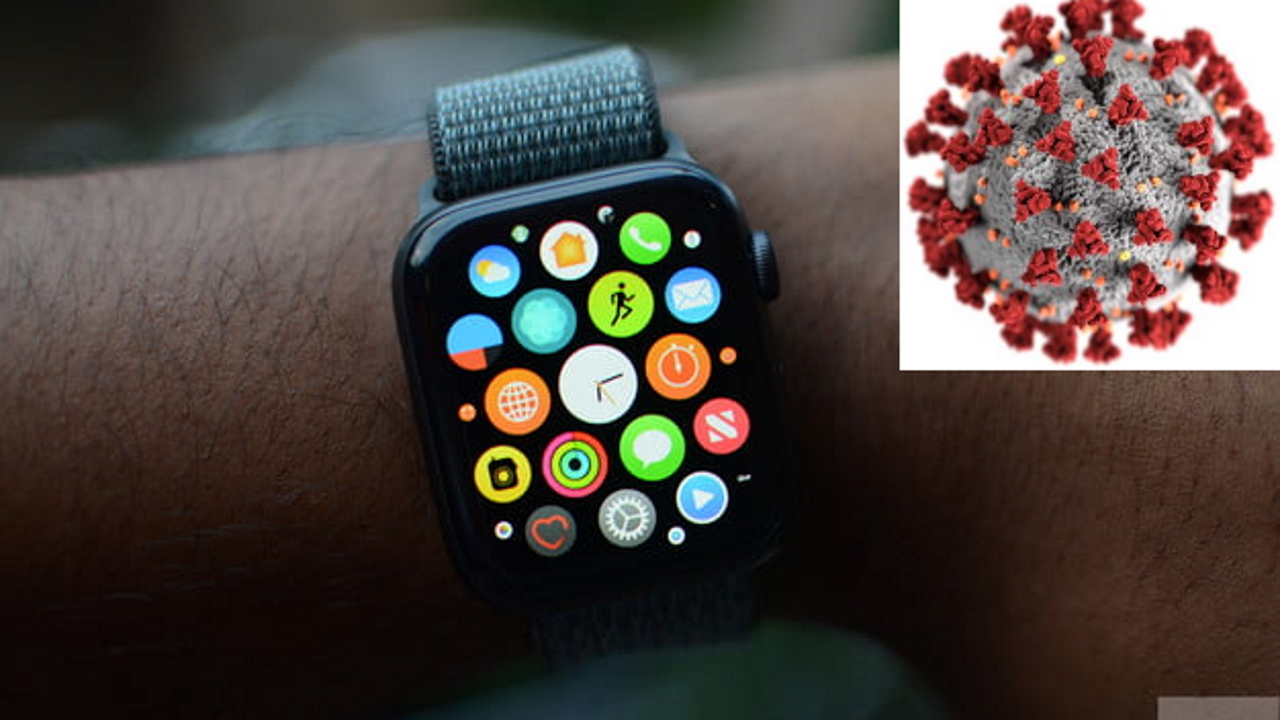Do you have coronavirus? Apple Watch may detect some symptoms early
Source: HW Upgrade added 18th Jan 2021
Two recent studies in the United States show how Apple Watch and other smartwatch models can detect possible cases of COVID – 19 before the appearance of symptoms, through the change in heart rate.
by Lorenzo Tirotta published 18 January 2021 , at 21: 01 in the Wearables channel
Apple Garmin Fitbit
At a distance of one year from the appearance of COVID – 19, the pandemic situation does not seem to want to improve, the infections and casualties are still very high. New technologies and continuous research are running to the aid of complicated global health situation in an attempt to marginalize the virus as much as possible.
According to the latest studies carried out, devices wearables such as Apple Watch and other smartwatches are able to detect possible cases of positivity days before the appearance of symptoms or conducting rapid or molecular tests. To say this were two separate researches, one of the Icahn School of Medicine at Mount Sinai (ISMMS) of New York and the other by researchers from Stanford University in California.
Although the role of a digital clock in the pandemic may be singular, the studies undertaken by the ISMMS in New York have shown how in particular the Apple Watch is able to detect, through subtle variations of the heartbeat , of the possible cases of Coronavirus positivity up to 7 days before the onset of symptoms.
Mount Sinai Health System researchers have tested Apple Watch on 300 health workers of the academy between 29 April and 29 September last year . The data of the study show that heart rate variability, i.e. the change in time taken between one beat and the next, is a fundamental data for research .
Heart rate variability as a possible means of detecting the virus
Individuals tested positive coronavirus showed a lower heart rate variation than individuals healthy. According to medical findings, a healthy body with a healthy cardiovascular system is not uncommon to have an irregular heartbeat and a noticeable change in heart rate at rest. The opposite happens in individuals suffering from cardiovascular diseases, unstable psychophysical conditions, chronic stress where little variation is recorded heart to indicate a malfunction of the nervous system. It should be specified that a high cardiac variation does not result in consequently an elevated heart rate.
“We already knew that heart rate variability data changes with the development of inflammation in the body and COVID is an incredibly inflammatory event. Our goal was to use tools to identify infections at the time. infection or before people knew they were sick, “said Rob Hirten, professor of medicine at the Icahn School of Medicine at Mount Sinai , to CBS MoneyWatch.
The second study, carried out by researchers at Stanford University , tested in addition to the Apple smartwatch also products of Garmin and Fitbit . The study, separate from that of the ISMMS, showed how the tested wearables are able to detect changes in heart rate variation even at rest up to nine and a half days before the onset of symptoms or a positive test. The team of researchers has also implemented an alarm system that warns of a major change in heart rate for an extended period of time.
“We set the alarm quite sensitively to go off every two months or so,” he said Professor Michael Snyder of Stanford University , who led the study. “Regular fluctuations will not trigger the alarm, only significant and protracted changes.”
Researchers, analyzing data from smartwatches, found two thirds of positive COVID cases – 19 from four to 7 days before the manifestation of symptoms. The study, carried out last November, spurred wearables manufacturers to use the technology to fight the virus, anticipating symptoms such as the onset of fever or detecting important data through deviations in respiratory rhythm during sleep.
It is clear how the smartwatch does not currently represent an instrument to the 100% reliable for the detection of an individual’s positivity to the virus, but with new technologies and continuous studies it could prove to be a effective support to keep the spread of the coronavirus under control.
Follow us on our Instagram channel, lots of news to come !
